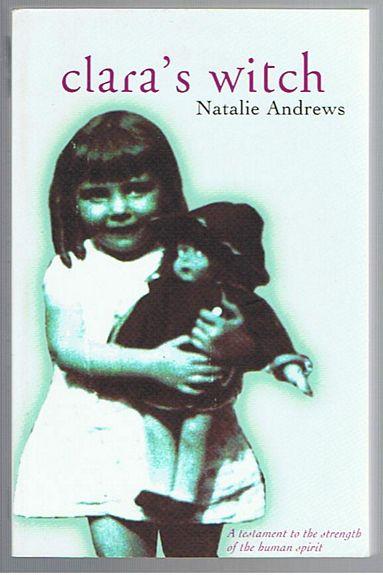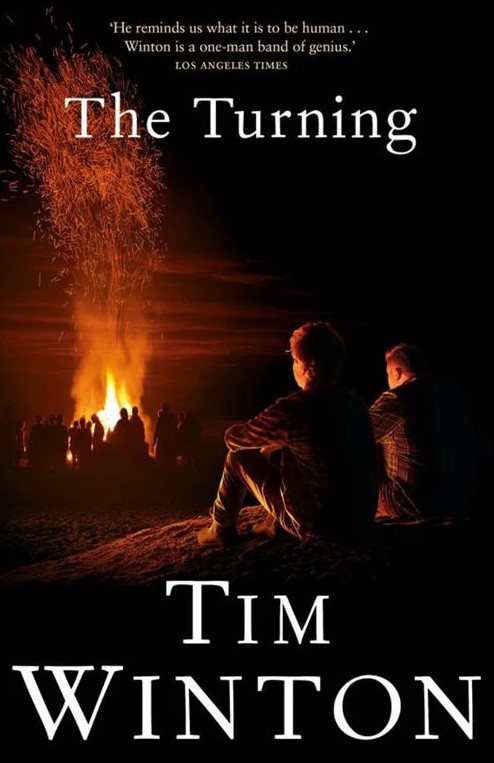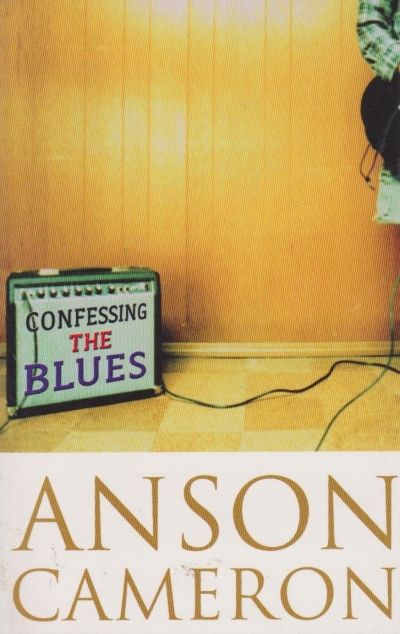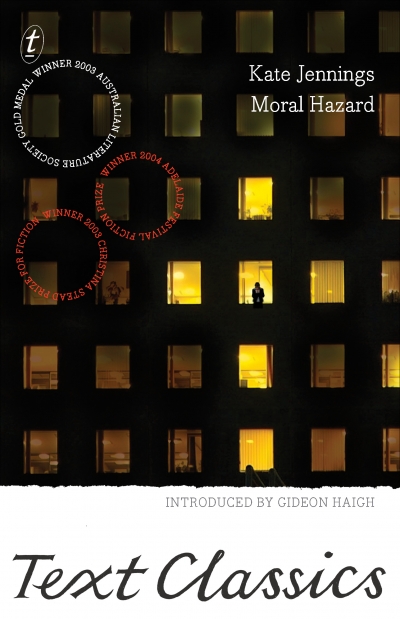Picador
Film | Theatre | Art | Opera | Music | Television | Festivals
Welcome to ABR Arts, home to some of Australia's best arts journalism. We review film, theatre, opera, music, television, art exhibitions – and more. To read ABR Arts articles in full, subscribe to ABR or take out an ABR Arts subscription. Both packages give full access to our arts reviews the moment they are published online and to our extensive arts archive.
Meanwhile, the ABR Arts e-newsletter, published every second Tuesday, will keep you up-to-date as to our recent arts reviews.
Recent reviews
Clara’s Witch by Natalie Andrews & Midnight Water by Gaylene Perry
by Lisa Gorton •
The Book of My Enemy: Collected verse 1958–2003 by Clive James
by Peter Goldsworthy •
Confessing the Blues by Anson Cameron & Saigon Tea by Graham Reilly
by James Bradley •
Moral Hazard by Kate Jennings & Judgement Rock by Joanna Murray-Smith
by Delia Falconer •










